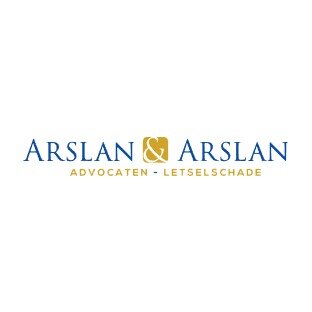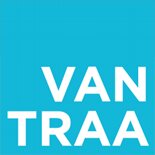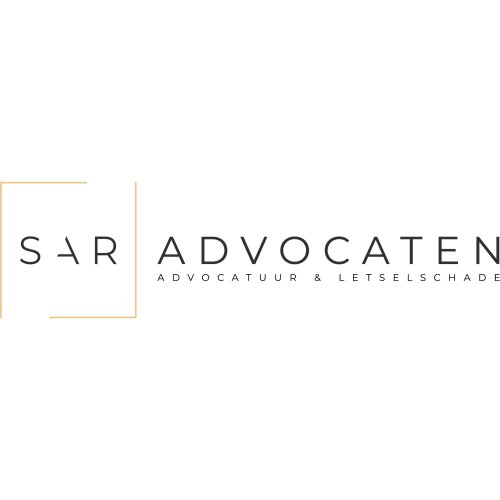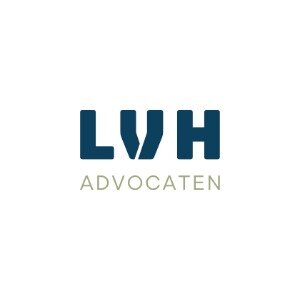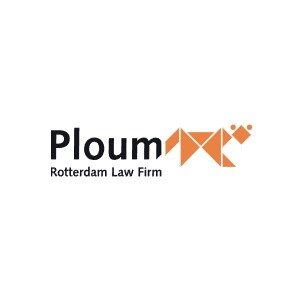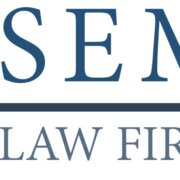Best Corporate Governance Lawyers in Rotterdam
Share your needs with us, get contacted by law firms.
Free. Takes 2 min.
List of the best lawyers in Rotterdam, Netherlands
About Corporate Governance Law in Rotterdam, Netherlands
Corporate governance involves the systems, principles, and processes by which companies are directed and controlled. In Rotterdam, one of the Netherlands' key commercial and maritime hubs, good corporate governance practices are essential to maintain trust with stakeholders, comply with Dutch legislation, and ensure sustainable business operations. The Dutch approach to corporate governance emphasizes transparency, accountability, fair treatment of shareholders, and responsible management. Listed companies in Rotterdam are typically subject to both Dutch civil law and the Dutch Corporate Governance Code, providing a structured framework for management and supervision.
Why You May Need a Lawyer
There are several scenarios where consulting a lawyer with corporate governance expertise can be beneficial in Rotterdam. Some common situations include:
- Navigating complex regulatory requirements for starting or managing a company - Advising on the rights and responsibilities of board members and shareholders - Drafting or reviewing corporate bylaws, articles of association, or shareholder agreements - Handling mergers, acquisitions, and restructuring processes - Responding to disputes between shareholders, directors, or other stakeholders - Ensuring compliance with disclosure, reporting, and transparency obligations - Addressing allegations of corporate fraud, bribery, or breaches of duty - Advising on Environmental, Social, and Governance (ESG) reporting and best practices
By having legal support, companies and their leaders in Rotterdam can mitigate risks, avoid legal pitfalls, and focus on sustainable long-term growth.
Local Laws Overview
Corporate governance in Rotterdam is shaped by Dutch national law, particularly Book 2 of the Dutch Civil Code (Burgerlijk Wetboek), which regulates companies, associations, and foundations. Additional duties and best practices for public companies are outlined in the Dutch Corporate Governance Code, which is “comply or explain” based, encouraging transparency when deviating from standard practices.
Key aspects relevant to businesses in Rotterdam include:
- Board structures: Dutch companies can have a two-tier or one-tier board structure comprising a Management Board and, optionally, a Supervisory Board - Shareholder rights: Dutch law grants significant protection to minority shareholders and includes detailed procedures for general meetings and voting - Disclosure requirements: Companies, especially those listed on the Euronext Amsterdam, must adhere to stringent reporting and disclosure standards - Corporate social responsibility: Companies are encouraged, and in some cases required, to consider environmental and social impacts in their corporate strategies - Enforcement: The Dutch Authority for the Financial Markets (AFM) and the Enterprise Chamber of the Amsterdam Court of Appeal play central roles in supervising and adjudicating corporate governance disputes
Frequently Asked Questions
What is the Dutch Corporate Governance Code?
The Dutch Corporate Governance Code sets out principles and best practices for listed companies regarding issues like board composition, shareholder relations, risk management, and remuneration. Companies are expected to comply with its provisions or explain their alternative approach.
Are there specific requirements for board member appointments in Rotterdam?
Yes, appointments must comply with Dutch law and the company’s articles of association, including requirements on transparency, diversity, and fit-and-proper assessments, particularly for financial institutions.
How are shareholder rights protected in Dutch companies?
Shareholders enjoy extensive rights, such as voting at general meetings, requesting information, calling meetings under certain circumstances, and taking legal action for mismanagement.
What role does the Supervisory Board play?
In companies with a two-tier board structure, the Supervisory Board oversees and advises the Management Board, focusing on long-term strategy, risk management, and compliance with laws and codes.
Is “comply or explain” mandatory in Rotterdam?
Yes, for companies listed on Dutch stock exchanges, adherence to the Dutch Corporate Governance Code is required under the “comply or explain” principle, meaning deviations must be transparently justified in the annual report.
How are conflicts of interest dealt with?
Board members are required to declare potential conflicts of interest and abstain from decision-making on relevant matters to protect company interests and maintain integrity.
What are the rules concerning executive remuneration?
Remuneration policies must be clear, transparent, and aligned with the company’s performance and long-term strategy, subject to shareholder approval for listed companies.
Can minority shareholders initiate legal proceedings?
Yes, minority shareholders have legal avenues such as the inquiry procedure before the Enterprise Chamber, or they can bring claims for mismanagement or demand rectification of decisions made in breach of their rights.
Are environmental and social responsibilities part of corporate governance?
Yes, corporate social responsibility is increasingly integrated into governance practices, with an expectation that companies address ESG (Environmental, Social, and Governance) challenges as part of their strategy and reporting.
Who monitors compliance with corporate governance laws?
Supervision is mainly carried out by the Dutch Authority for the Financial Markets (AFM) for listed companies and the Enterprise Chamber of the Amsterdam Court of Appeal for legal disputes and mismanagement cases.
Additional Resources
Several organizations provide support and information on corporate governance in Rotterdam:
- The Dutch Authority for the Financial Markets (AFM): Supervises the conduct of the entire financial market sector - Netherlands Enterprise Agency (RVO): Offers guidance for businesses on regulations and compliance - The Chamber of Commerce Netherlands (KvK): Provides company registration, legal forms, and information on corporate governance standards - The Enterprise Chamber of the Amsterdam Court of Appeal: Handles disputes concerning company management and governance - Dutch Corporate Governance Code Monitoring Committee: Updates and monitors adherence to the Code
Next Steps
If you require legal advice regarding corporate governance in Rotterdam, consider the following steps:
- Identify the specific corporate governance issue you are facing, such as shareholder disputes, board appointments, or compliance with governance codes - Gather any relevant corporate documents, articles of association, recent annual reports, and correspondence - Consult with a specialized corporate governance lawyer in Rotterdam who understands both local and national regulations - Utilize the resources provided by governmental bodies like the Netherlands Chamber of Commerce or AFM to learn more about your obligations and rights - Take prompt action if you suspect breaches of duty, mismanagement, or conflicts of interest to minimize risk to your business
A well-informed approach with professional legal support can ensure your company aligns with Dutch corporate governance requirements and protects its long-term reputation and success.
Lawzana helps you find the best lawyers and law firms in Rotterdam through a curated and pre-screened list of qualified legal professionals. Our platform offers rankings and detailed profiles of attorneys and law firms, allowing you to compare based on practice areas, including Corporate Governance, experience, and client feedback.
Each profile includes a description of the firm's areas of practice, client reviews, team members and partners, year of establishment, spoken languages, office locations, contact information, social media presence, and any published articles or resources. Most firms on our platform speak English and are experienced in both local and international legal matters.
Get a quote from top-rated law firms in Rotterdam, Netherlands — quickly, securely, and without unnecessary hassle.
Disclaimer:
The information provided on this page is for general informational purposes only and does not constitute legal advice. While we strive to ensure the accuracy and relevance of the content, legal information may change over time, and interpretations of the law can vary. You should always consult with a qualified legal professional for advice specific to your situation.
We disclaim all liability for actions taken or not taken based on the content of this page. If you believe any information is incorrect or outdated, please contact us, and we will review and update it where appropriate.




